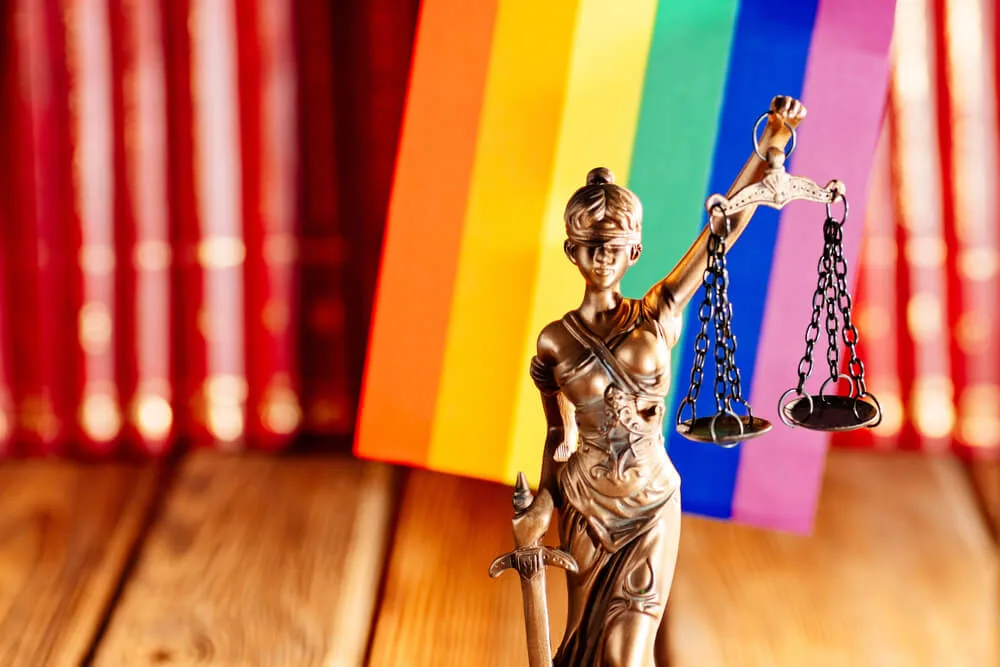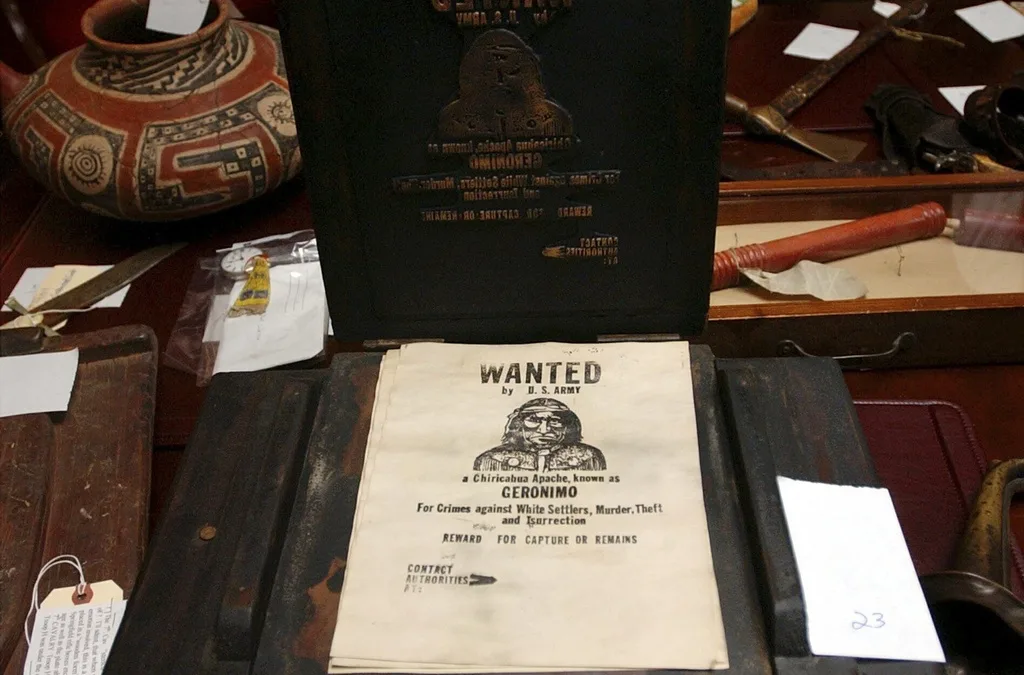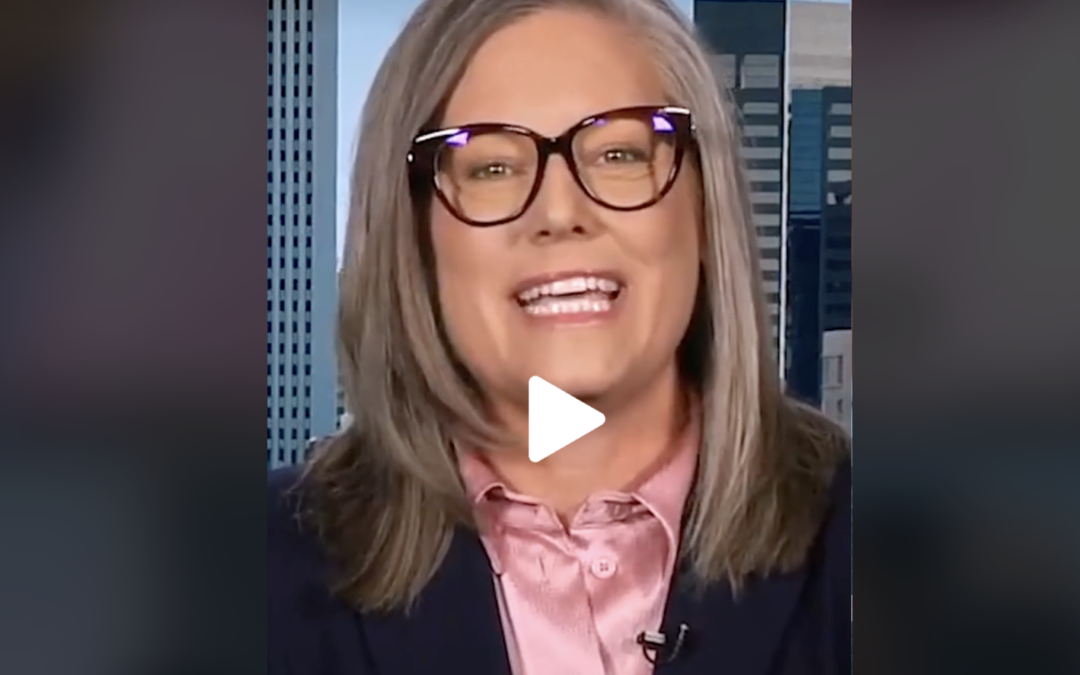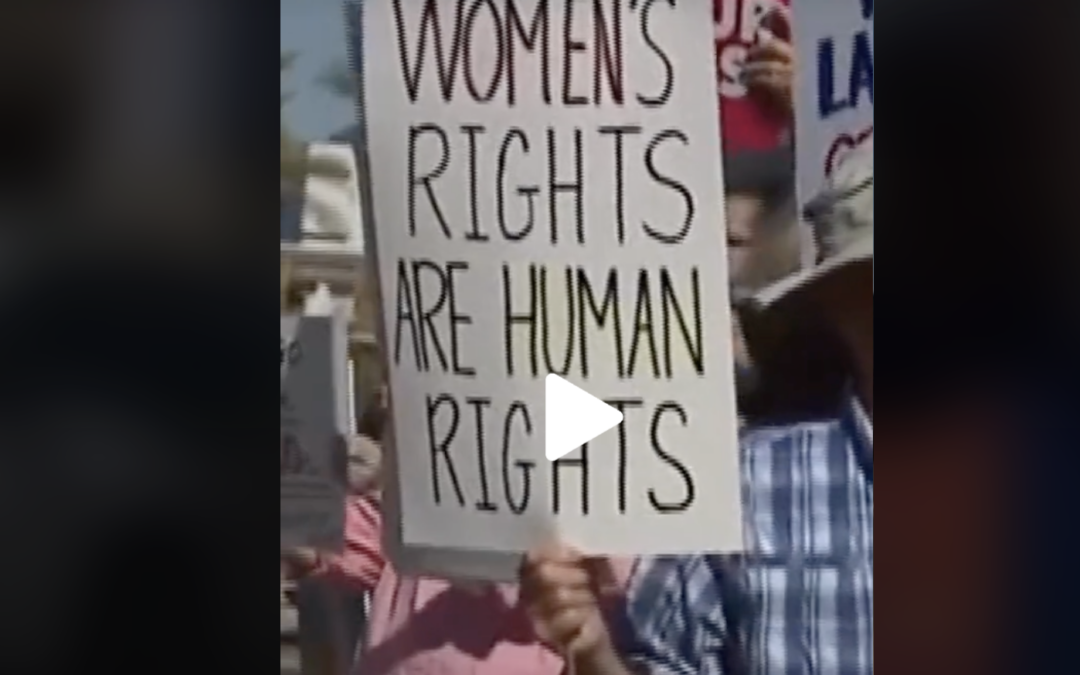
“Equal protections for LGBTQ Arizonans is certainly not a red or blue issue.”
Twenty-two states in the US ban discrimination based on sexual orientation and gender identity, according to the Movement Advancement Project.
Arizona is not one of them.
“The important thing to know is that individuals of the LGBTQ community could be fired from their job for being LGBTQ,” former Scottsdale city councilmember Virginia Korte told The Copper Courier. “They can be refused service in a public restaurant because of their LGBTQ affiliation. And they can be refused housing, and that’s just plain discrimination.”
Several Arizona cities have passed nondiscrimination ordinances (NDOs) that protect against discrimination based on sexual orientation and gender identity in employment, housing, and/or public accommodation to make up for the gaps in legal protection.
Where Cities Stand
Tucson was very early to the issue—the city passed its NDO in 1999, long before same-sex marriage was legalized in Arizona in 2014.
Other cities didn’t come to the table until 2013-2014, when Flagstaff, Phoenix, and Tempe passed NDOs. Sedona followed in 2015, and Winslow in 2018.
Now, in the first half of 2021, Arizona has seen another wave of cities passing legal protections for LGBTQ individuals. In the past six months, Glendale, Mesa, and Scottsdale have all put NDOs on the books.
But some of the state’s major municipalities aren’t there yet. Out of Arizona’s top 10 most populous cities and towns, four do not have an NDO: Chandler, Gilbert, Peoria, and Surprise.
Chandler, the largest Arizona city without a nondiscrimination ordinance, is discussing a proposal.
Longtime Conversations
Even in the cities that just now passed NDOs, conversations about them have been happening for, at least in one case, decades.
Mesa City Councilmember David Luna told The Copper Courier that he remembered conversations about a nondiscrimination ordinance for the city going back as far as the late 1990s, when he was a member of the Mesa Human Relations Advisory Board.
The board first requested the city to consider such an ordinance in 2014, but Luna said the Council wasn’t ready to pass it at the time.
Korte said she remembered conversations about an NDO happening in Scottsdale back in the mid-2000s. As a council member, she pushed for one in 2015, but it stalled out before coming to a vote.
“Unfortunately we had individuals on the council that were, shall we say, homophobic—either homophobic or either believed that discrimination doesn’t exist in Scottsdale or believed that it was harmful to business, and that is so far from the truth,” Korte said.
What’s Changed
Advocates cited several reasons for why these Arizona cities have finally warmed up to passing LGTBQ-inclusive NDOs.
Angela Hughey, president of LGBTQ advocacy group ONE Community, said it’s taken time to get multiple stakeholders on board.
“What has happened in those last seven years, is you’ve seen all of those municipalities take the Unity Pledge, really have thoughtful conversations with their constituencies in each of the municipalities,” Hughey said. “They’ve talked with faith leaders, they’ve talked with the business community, and folks are more educated.”
She also said the 2020 US Supreme Court decision in Bostock v. Clayton County affirmed legal protections for LGBTQ people. The justices held that the federal Civil Rights Act of 1964 prohibited employees from being discriminated against because they are gay or transgender.
Korte said she believes Scottsdale residents have always been open to an NDO, but the events of the past year have made the matter more urgent.
“Of course this last year with COVID and much of the internal violence across the country, I think it’s opened people’s eyes to the fact that discrimination does exist, and it does exist in all communities, and it’s time to do something about it,” she said.
Hughey said as more cities pass NDOs, the pressure increases on surrounding areas to do the same, as it could lead to them missing out on economic development opportunities.
“It makes it more difficult if Chandler is in a discussion with a business that’s looking to expand into the region and also in that conversation is the city of Mesa and the city of Tempe—both of them can say, ‘And we treat all people, including LGTBQ people, fairly and equitably,” Hughey said.
Taking It Statewide
While advocates have helped push for NDOs to pass at the municipality level, there’s another fight happening to take those protections statewide.
Korte said a bill protecting LGTBQ people from discrimination has been introduced in the Arizona Legislature for the past 14 years, but it “never sees the light of day.”
“It really reflects the need for not only a statewide but a federal-wide nondiscrimination ordinance,” she said.
Hughey noted that a bipartisan group of legislators brought the bill forward three years ago, but it still failed to pass. She said she thinks bringing lawmakers from both sides of the aisle together is “the way forward.”
“Equal protections for LGBTQ Arizonans is certainly not a red or blue issue,” Hughey said. “This is an issue of protecting everyone that lives and works and has a great time traveling around our great state, but it’s also about creating a sustainable future for the state of Arizona.”
Luna said he hopes that the wave of cities passing NDOs shows the Legislature it’s an issue important to Arizonans. He said he thinks the influence of businesses will be a factor in getting one passed statewide.
“We have to rely on the business communities to make those recommendations to elected officials at the state, that this is very important,” he said.
Politics

The Civil War raged and fortune-seekers hunted for gold. This era produced Arizona’s abortion ban
Arizona's 1864 code elaborately describes restrictions on duels, ruling any person involved in the fighting of a duel would be imprisoned for one to...

VIDEO: Arizona Gov. Katie Hobbs calls 1864 abortion ban ‘absolutely outrageous’ on ‘The View’
@coppercourier Former President Donald Trump and US Senate candidate Kari Lake have both attempted to cover up their support for total abortion bans...
Local News

Trump says he’s pro-worker. His record says otherwise.
During his time on the campaign trail, Donald Trump has sought to refashion his record and image as being a pro-worker candidate—one that wants to...

VIDEO: Hundreds show up in Scottsdale to support reproductive rights
@coppercourier Days after the Arizona Supreme Court ruled to enforce a long-dormant law that bans nearly all abortions, hundreds took part in a...





